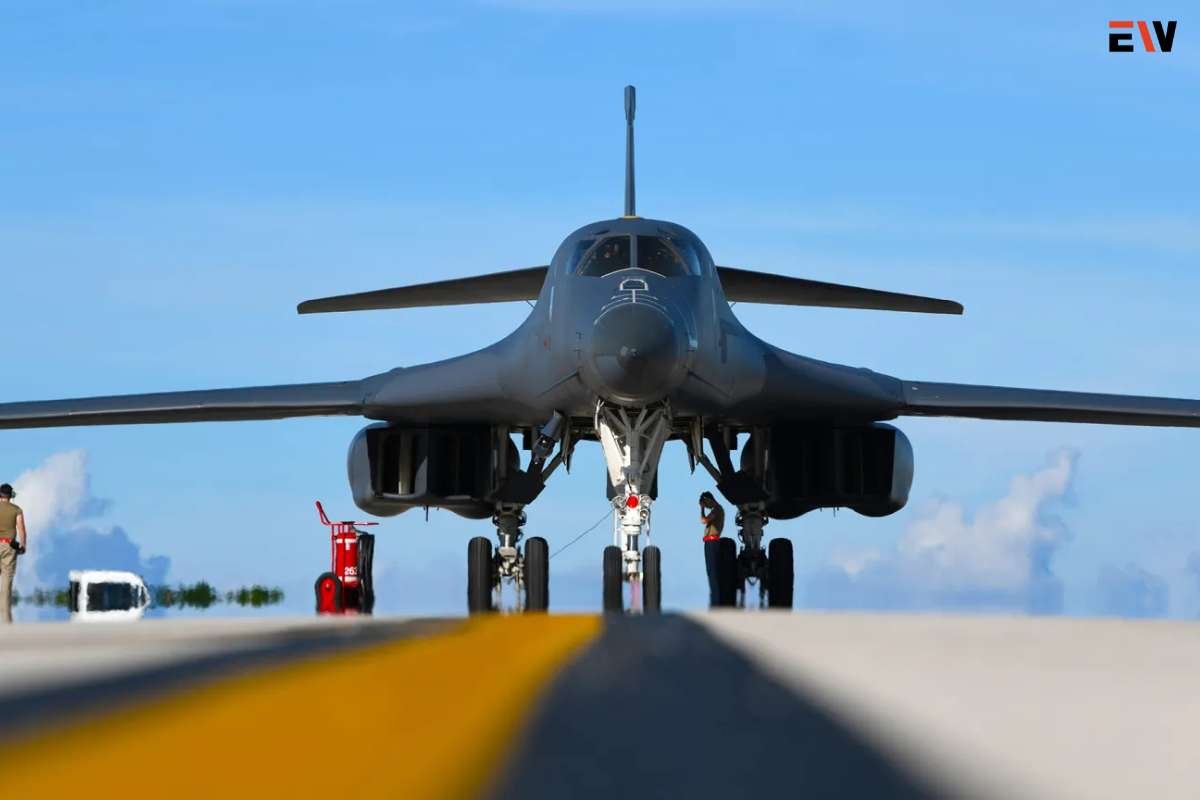As part of the federal nuclear microreactor pilot program, the U.S. Air Force is planning to install its first nuclear microreactor at Eielson Air Force Base in Alaska. The selected microreactor is an Oklo liquid metal-cooled fast reactor.
The Defense Logistics Agency (DLA), representing the Department of Air Force (DAF), issued a Notice of Intent to Award (NOITA) on August 31. This NOITA designates Oklo’s Aurora Powerhouse, based in Santa Clara, California, for the U.S. Air Force Base pilot project and commences the acquisition process with the potential to grant Oklo a 30-year, firm-fixed-price contract to implement this advanced nuclear energy technology.
U.S. Air Force Land lease agreement
The Micro-Reactor Pilot Program, initiated in response to a requirement in the Fiscal Year 2019 National Defense Authorization Act, aims to develop and operate at least one licensed micro-reactor by December 31, 2027. This micro-reactor will supply power and steam to a defense base under a long-term power purchase agreement (PPA). U.S. Air Force Base was selected as the site for the first microreactor by DAF in October 2021. This choice was influenced by factors such as the base’s resilient power needs for mission assurance, limited access to clean energy, existing energy infrastructure, and a compatible climate, as stated by the agency.
Oklo will be responsible for the site selection, design, construction, ownership, and commercial operation of the microreactor. However, the Department of Air Force (DAF) will enter into a land lease agreement and a 30-year fixed-price power purchase agreement (PPA) with Oklo once Oklo obtains a combined operating license from the Nuclear Regulatory Commission (NRC).
Flexible carbon-free energy
The Notice of Intent to Award (NOITA) from the Defense Logistics Agency (DLA) follows a request for proposals issued in September 2022, with the proposal period closing on January 31, 2023. After selecting a vendor and issuing the NOITA, DAF’s next steps will involve permitting and licensing activities. DAF is expected to commence a National Environmental Policy Act (NEPA) assessment by 2024. The demonstration and operational testing of the microreactor is targeted to commence by the end of 2027, although this timeline is considered tentative and subject to change, as noted.
According to the Department of U.S. Air Force (DAF), the pilot project aims to investigate the potential of the micro-reactor in delivering dependable and flexible carbon-free energy. These micro-reactors are equipped with inherent safety features that adapt to changing conditions and demands, thereby preventing overheating, as stated by the agency. Given their ability to operate independently from the commercial grid and reduce greenhouse gas emissions, micro-reactors hold promise as a power source for remote domestic military installations that are crucial to national security infrastructure.










